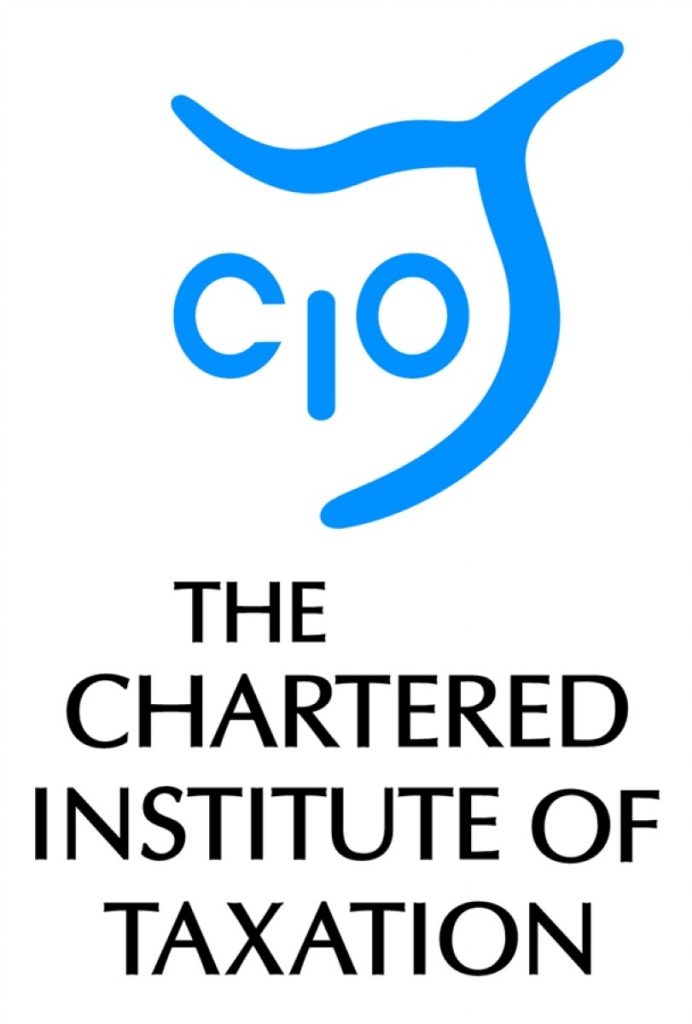News from the Chartered Institute of Taxation
GAAR must prevent flagrant abuses whilst not worrying everyday transactions, say tax advisers
The Chartered Institute of Taxation (CIOT) congratulates Graham Aaronson on his report on a general anti-avoidance rule (GAAR), which makes an important contribution to the debate around the possible introduction of a GAAR in the UK. The CIOT thinks the report is a well-argued paper but believes there is still a good deal of work to be done on the issues raised.
CIOT President Anthony Thomas CIOT said:
“If the government takes the GAAR report forward, it must do so as the balanced package that the Aaronson report sets out. The proposals contain important safeguards, including especially the review panel. This is not a pick and mix package.
“The acid test will be whether a GAAR can really focus on the egregious tax schemes that Graham Aaronson rightly has in mind, whilst not worrying those businesses and advisers that undertake routine transactions. The report rightly talks about an anti-abuse rule, not just anti-avoidance. A very significant risk, as Graham recognises, is that the UK adopts something that increases uncertainty and damages the reputation of the UK internationally as a location where the tax law is clear.”
The CIOT thinks there is much to debate on the detail and practicalities of this proposal. If the GAAR report is taken forward, the CIOT would be keen to be fully involved with that process, as we have been throughout the GAAR debate. If the GAAR is developed into something that allows the UK to dispense with some of the forest of anti-avoidance rules that clutter our tax code, then the Aaronson group will have rendered the UK a valuable service. But that may not happen for some time and so one concern for the CIOT is that the GAAR may be superimposed on existing law.
Anthony Thomas concluded:
“Let us not lose sight of the fact that the key to good tax law is carefully evolved proposals, properly consulted on, which are translated into clear and practical law. If a GAAR is to be introduced, it needs to pass fairly simple tests, such as whether it simplifies the overall tax code, whether it will promote growth in the UK, whether it will improve the UK’s competitive position and increase the perception of fairness in our tax system, as well as targeting abuses.”
Notes to Editors
1. The Chartered Institute of Taxation (CIOT) is a charity and the leading professional body in the United Kingdom concerned solely with taxation. The CIOT’s primary purpose is to promote education and study of the administration and practice of taxation. One of the key aims is to achieve a better, more efficient, tax system for all affected by it – taxpayers, advisers and the authorities.
The CIOT’s comments and recommendations on tax issues are made solely in order to achieve its primary purpose: it is politically neutral in its work. The CIOT will seek to draw on its members’ experience in private practice, government, commerce and industry and academia to argue and explain how public policy objectives (to the extent that these are clearly stated or can be discerned) can most effectively be achieved.
The CIOT’s 15,600 members have the practising title of ‘Chartered Tax Adviser’ and the designatory letters ‘CTA’.
George Crozier
External Relations Manager
D: +44 (0)20 7340 0569
M: +44 (0)7740 477374
The Chartered Institute of Taxation
Registered charity number 1037771
www.tax.org.uk
The Association of Taxation Technicians
Registered charity number 803480
Registered company number 2418331
VAT Registration Number 497 5390 90
www.att.org.uk
Low Incomes Tax Reform Group – an initiative of the Chartered Institute of Taxation
www.litrg.org.uk
1st Floor, Artillery House, 11-19 Artillery Row, London SW1P 1RT





-01.png)